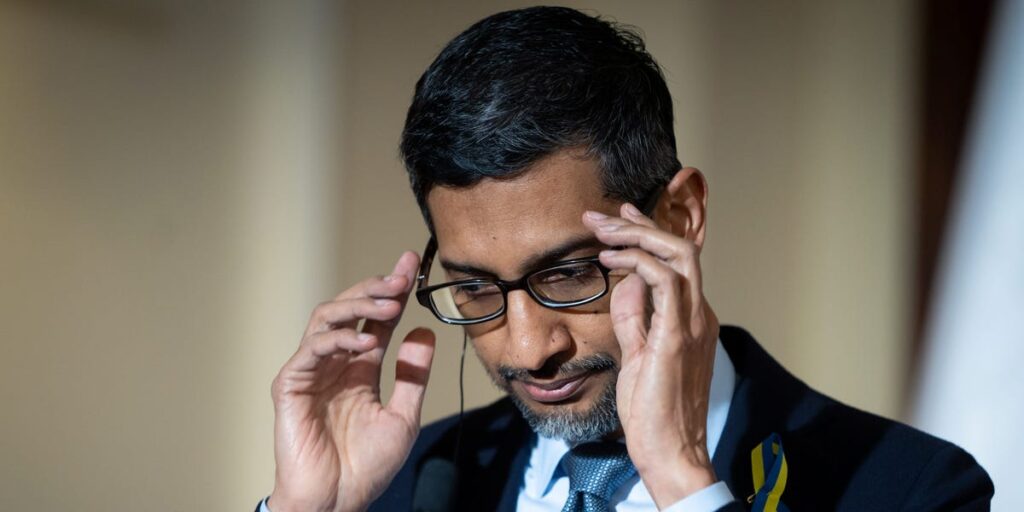For years, Google was the largest corporate customer of One Medical, the primary care provider that Amazon acquired for $3.9 billion.
But after Amazon inked a deal with One Medical last year, Google decided to end its enterprise contract with the healthcare company, according to internal documents obtained by Business Insider.
“We are also disappointed that our largest enterprise customer, Google, has decided to terminate its contract with ONEM and contract with another provider,” Amazon's statement said.
Under a corporate agreement, Google offered employees discounted or free memberships to One Medical and operated One Medical care centers in some Google offices. That agreement is set to expire at the end of the year.
Google was a major customer
One Medical's loss of Google as a corporate client marks a setback for Amazon's healthcare efforts.
Google was an early backer of One Medical and has been its largest business customer for many years. Until 2020, One Medical disclosed that Google accounted for 10% of its net revenue. In 2021, that fell below 10%, and after it was acquired by Amazon, One Medical stopped disclosing its financial information.
Amazon has embarked on a number of cost-cutting measures since acquiring One Medical, including layoffs and office closures, BI previously reported. Amazon also plans to shut down its Amazon Care telehealth service in 2022 and discontinued its Halo fitness tracker last year.
In an effort to expand its customer base, Amazon introduced a new One Medical discount option for Prime members late last year.
Googlers will have to pay for One Medical
A Google spokesperson confirmed to BI that its existing relationship with One Medical will change after 2024, but said the decision has nothing to do with Amazon's new ownership of the healthcare provider.
The existing One Medical Center on Google's campus has already transitioned to Premise Health, offering additional services such as pharmacy, gynecology and coordinated on-site care, the spokesperson added.
One Medical will remain an in-network provider for Googlers, meaning Google health insurance will be accepted at One Medical's offices, but Googlers will have to pay their own membership fees going forward.
An Amazon spokesperson told BI in an email that Google employees and their dependents will continue to have employer-sponsored OneMedical memberships until the end of 2024.
“One Medical is proud of the care we provide to Googlers at a few locations on Google campuses, virtual locations, and hundreds of local offices close to where many Googlers live, work and shop,” the spokesperson said in a statement.
More direct involvement
One Medical is refocusing its enterprise sales efforts on “mid-sized accounts” this year while working to develop a better strategy for larger clients, according to internal documents.
To better engage with large corporate clients, One Medical plans to leverage more health plan data and improve direct communications to employees, according to the document.
The company wants to contractually require corporate clients to provide their employees' contact information so they can communicate directly with them, which it says will boost adoption. It also plans to collect health data reported by members upon registration and engage with employees regularly through push notifications from the One Medical app.
“In 2024, we aim to increase the percentage of corporate members who had an annual wellness visit in the past year by 75%, from 16% to 28% (160,000 total members), through targeted campaigns and incentives,” the document reads.
In a statement to BI, an Amazon spokesperson said One Medical continues to experience “very strong growth” and that Amazon's overall healthcare business is also “growing strongly.”
One Medical partners with about 10,000 companies across the US to provide comprehensive primary care services to their employees, “and this number is growing,” the spokesperson added.
Do you work at Amazon? Have any tips?
Reporter Eugene Kim was asked about the encrypted messaging app Signal or Telegram.+1-650-942-3061) or email (ekim@businessinsider.comStay in touch using non-work devices. Source Guide For more tips on sharing information safely, click here.

